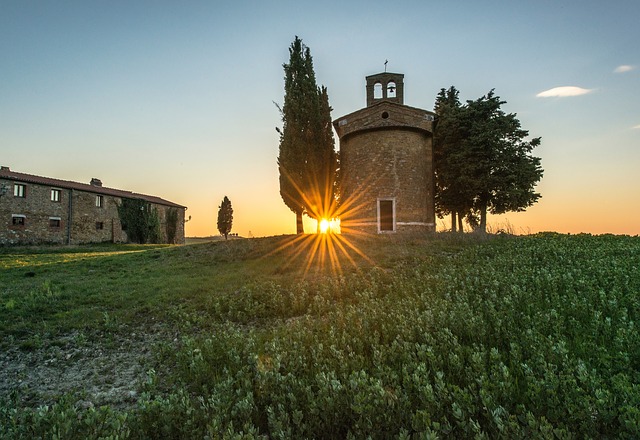The following argues that the re-integration of the spiritual and the material/social is the deepest task of both the faith & work movement today and the Christian Study Center (CSC) movement. I wrote it in 2016, after the national meeting of the Consortium of Christian Study Centers–hosted that year at Wheaton College.
The early church, per Robert Louis Wilken, Darrel Amundsen, C S Lewis, and many others, understood truth, beauty, and goodness to be intrinsic, inarguable, and universal goods (that is, to be secured for all people, as God wants all people to have them), as had the classical world before them. And drawing on the Christian understanding of the material world as intrinsically good (which the Pagan philosophers did not share), the early Christians were also able to add to these three values a fourth, bodily health and well-being—a value so vividly supported by the Incarnate Christ’s healing activity on earth.
The church then proceeded to say (again, per Wilken) that, while these four things are intrinsically and universally good, none of them provides, of itself (nor even do all four taken together), a suitable telos for humanity—and that indeed any of them become life-destroying idols when pursued in and of themselves, without the transcendent referent: the universal call to love and serve God. (This is the burden of Augustine’s theological discussion of uti love and frui love–that is, the loving of things that are not ultimate, and the loving of the ultimate, which is God–and it is also the burden of Boethius’s Consolation of Philosophy.)
The early Christians responded to this transcendent referent by identifying three “theological virtues” – faith, hope, and love, which they added to the four classical (“cardinal”) virtues of prudence, courage, temperance, and justice.
The new Christian value of the good of bodily health, along with the Christianized classical values of truth, beauty, and goodness, each informed and amplified through the transcendent referent, and pursued with the help of all seven virtues, birthed in the Christian medieval West the institutions of the hospital, the university, the cathedral and liturgical art and architecture, and the ethical systems of the scholastics that would lay important foundations for modern jurisprudence.[1] This was the origin of huge swathes of the culture and the vocational arenas of today’s world.
Continue reading



 Many thanks to Scot McKnight for hosting Dave Moore’s interview with me on my new book, posted here today: at
Many thanks to Scot McKnight for hosting Dave Moore’s interview with me on my new book, posted here today: at 
 Medieval Wisdom for Modern Christians
Medieval Wisdom for Modern Christians






